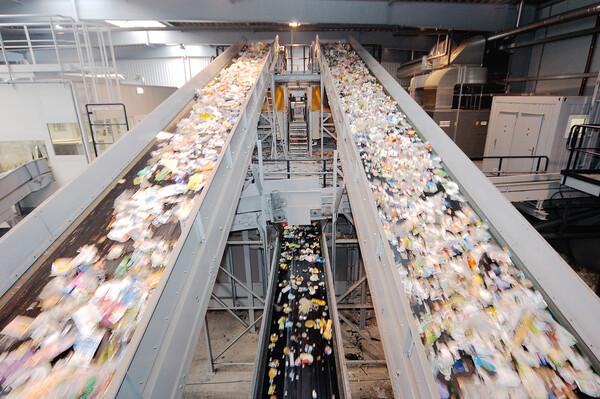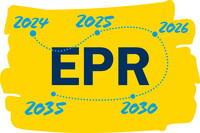Interseroh launches webinar offering: Designing recycling-friendly packaging – a guide!
Cologne. The environmental services provider Interseroh is extending its consulting offer in the field of “Made for Recycling” and launching a no-cost series of webinars on the topic of packaging optimisation. The first webinar will take place from 10:00 until 11:30 am on Thursday 28 May 2020, when interested participants can learn more about the recycling-friendly design of packaging and its relevance to the conservation of resources and climate protection. The webinar will also provide insights into the possibilities for fulfilling the requirements of the retail trade and consumers as regards a greater degree of environmental protection with sustainable packaging optimisation. For further information on the content of the webinar and registration, please visit https://www.xing.com/events/recyclingfreundliche-verpackungen-gestalten-gewusst-2857694.
“To return as many materials as possible to the closed loop to the benefit of the environment, the recycling capability should be taken into account in terms of the type and design of the packaging,” explains Markus Müller-Drexel, Managing Director of INTERSEROH Dienstleistungs GmbH. “Even simple changes have a positive impact on the recycling capability. To communicate this as effectively and clearly as we can, we have launched a new series of webinars.”
Further workshops will follow the launch in May, with the details being published under https://www.interseroh.de/webinar-anmeldung/.
About “Made for Recycling”:
To assess the recycling capability of packaging, working together with the bifa environmental institute specialising in technical environmental protection, Interseroh has developed a three-stage points system. In the first stage, it is determined whether the consumer can assign the packaging to the right collection system without any problems. In the second stage, a verification takes place on the way in which the packaging performs during the sorting. Are the available sorting technologies able to allocate the packaging into the right material fraction – or do certain materials prevent the correct separation? In the third stage, an evaluation takes place on whether the packaging is suitable for material recycling, or whether labels, seals or barriers, for instance, make the recycling process more difficult. Packaging barriers are usually used to protect the product from external influences and to guarantee the product characteristics. They serve the purpose of providing protection against UV or oxygen infiltration, for example.
The greater the number of points the packaging achieves on a scale of 0 to 20, the more easily and better it can be recycled. The “Made for Recycling” service also fulfils the requirements of the minimum standards for measuring the recycling capability of packaging of the Central Agency Packaging Register (Stiftung Zentrale Stelle Verpackungsregister) which have applied since 1 September 2019.




![[Translate to English - Englisch:] [Translate to English - Englisch:]](/fileadmin/_processed_/1/4/csm_230606-AGA-Tridi-Indonesia-PET-recycling_e3dcd2ad90.jpg)